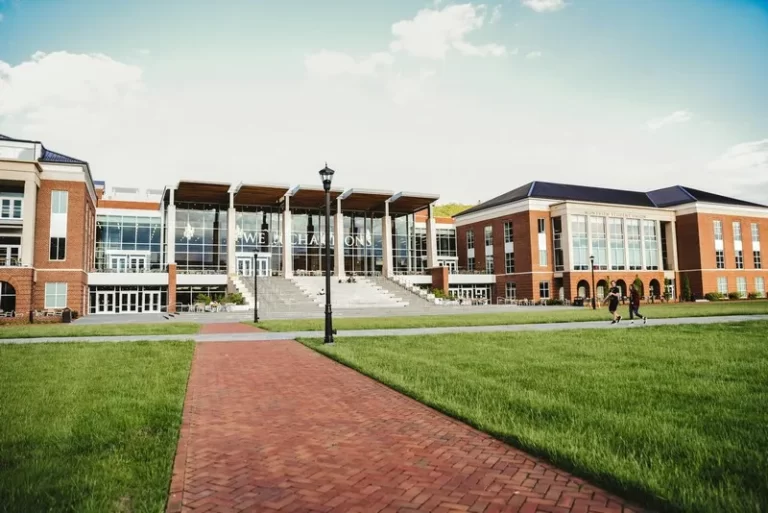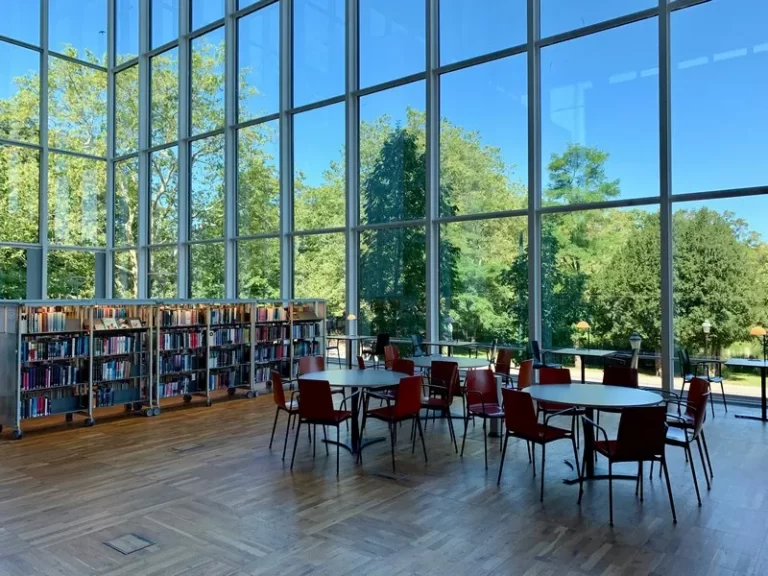
City Technology Colleges: An Outline and Explanation in Sociology
Learn about City Technology Colleges (CTCs) and their impact on the education system and society. Explore the concept, purpose, key features, and goals of CTCs. Understand the benefits of specialized technical education and the challenges faced by CTCs. Gain insights into the role of CTCs in shaping education and promoting social mobility. Discover the partnerships between CTCs and local industries, and how they contribute to improved technical education. Analyze the autonomy granted to CTCs and its potential impact on educational practices. Explore the criticisms and concerns surrounding CTCs, including selective admissions and competition with traditional schools. Expand your knowledge of CTCs and their significance in the field of sociology.









